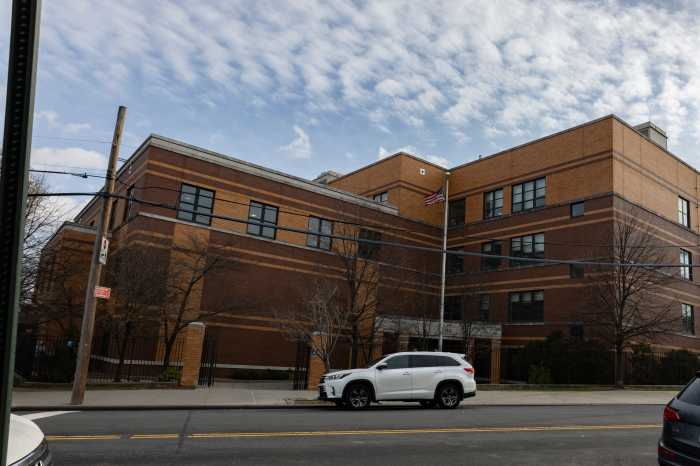A recent Nassau County Surrogate’s Court case decided on March 31, rejected a will that had already been admitted to probate. The case is noteworthy because it addresses the authenticity of a will and the length the court will go to in order to protect the true intent of the Decedent.
In Will of Blaukopf, Surrogate Riordan took the unusual step of withdrawing approval of a will that had already been admitted to probate. The case involved the probate of the will of an elderly, childless widow named Adele Blaukopf, who died in 2007 at the age of 91. Her will, executed in 2006, left her entire estate to her live-in caretaker, Daria Gravat. Ms. Gravat was appointed as the executor, and her sister, Romania Gravat, was named as successor beneficiary and successor executor.
As the proposed executor, Ms. Gravat, filed an affidavit at the court’s request in which she indicated that she was not sure whether the decedent had any relatives. In 2001, however, Mrs. Blaukopf had in fact executed a will naming her relatives as beneficiaries and executors of her will. After the 2006 will was admitted to probate, Mrs. Blaukopf’s relatives argued that the will was obtained by fraud and undue influence and that at the time of the 2006 execution, Mrs. Blaukopf lacked the mental capacity to properly execute a will. Sworn statements were submitted by relatives indicating that they had visited Mrs. Blaukopf while she was alive and that Ms. Gravat had been present and was aware of their existence and their relationship to her.
During the probate process that Ms. Gravat initiated with Surrogate’s Court, she amended her petition to remove herself as an interested party even though she was a named beneficiary under the will. In a further amendment to the petition she deleted reference to herself as a live-in companion and indicated that she had no confidential relationship with the decedent. Surrogate Riordan noted that “an inference of undue influence arises when a person who had a confidential relationship with the decedent stands to benefit from the will, triggering a requirement that the beneficiary explain the circumstances of the will.”
Upon his review of the case, the surrogate believed that the facts presented were troubling enough to warrant a vacating of the will. Aside from Ms. Gravat’s discrepancies and her dubious conduct, the court was also concerned with the dramatic alteration of the 2001 will in which Mrs. Blaukopf left her entire $1 million estate to her family. There was nothing that occurred subsequent to this will signing that would have prompted the decedent to disinherit her family. Finally, Surrogate Riordan was concerned that Ms. Gravat’s sister was named as a successor beneficiary of the estate and felt that such bequest warranted an explanation. For all these reasons, the court withdrew Ms. Gravat’s authority to act on behalf of the estate and vacated the will.
While practitioners and clients are sometimes overwhelmed by the detailed inquiry and regimen that is required during the probate process, ultimately the court is trying to protect the rights and true intent of those who execute wills as well as those who stand to rightfully gain from the estate of the decedent.
Ronald A. Fatoullah, Esq. is the principal of Ronald Fatoullah & Associates, a law firm that concentrates in elder law, estate planning, Medicaid planning, guardianships, estate administration, trusts and wills. The firm has offices in Forest Hills, Great Neck, Manhattan, Brooklyn and Cedarhurst, NY. Mr. Fatoullah is certified as an elder law attorney by the National Elder Law Foundation. He has been named a “fellow” of the National Academy of Elder Law Attorneys and is a former member of its Board of Directors. Mr. Fatoullah also served on the Executive Committee of the Elder Law Section of the New York State Bar Association. He chairs the Legal Committee of the Alzheimer’s Association, LI Chapter, and serves on its Board of Directors. Fatoullah is also a co-founder of the Senior Umbrella Network of Queens, and currently serves on its Board of Directors. This article was written with the assistance of Debby Rosenfeld, Esq., a senior staff attorney at the firm. The firm can be reached by calling 718-261-1700, 516-466-4422, 212-751-7600 or toll free at 1-877-ELDER-LAW or 1-877-ESTATES.



































